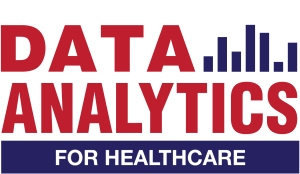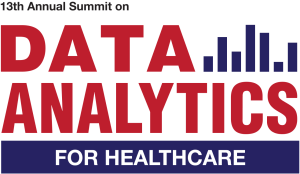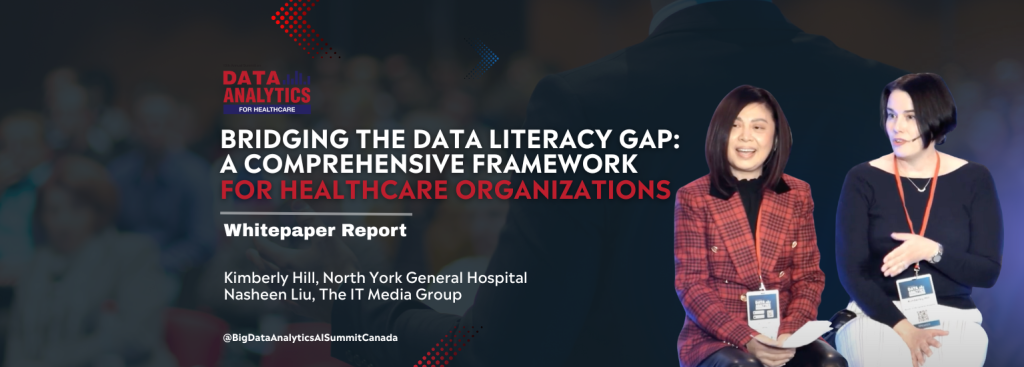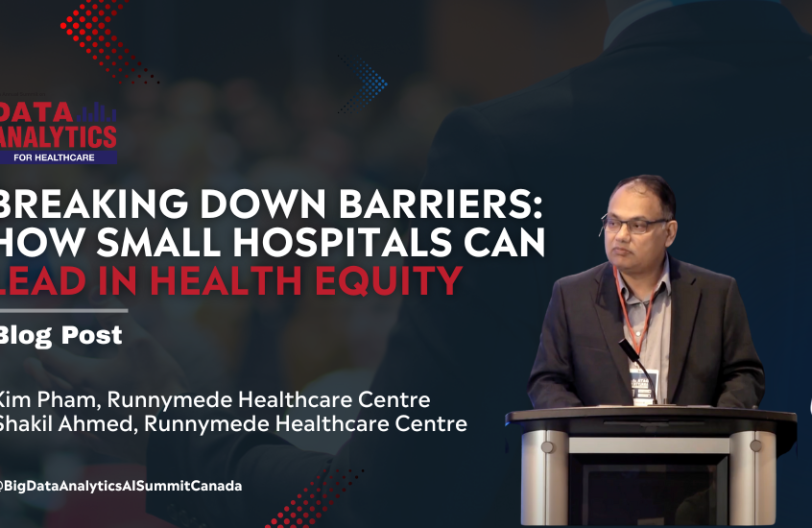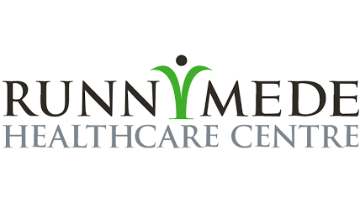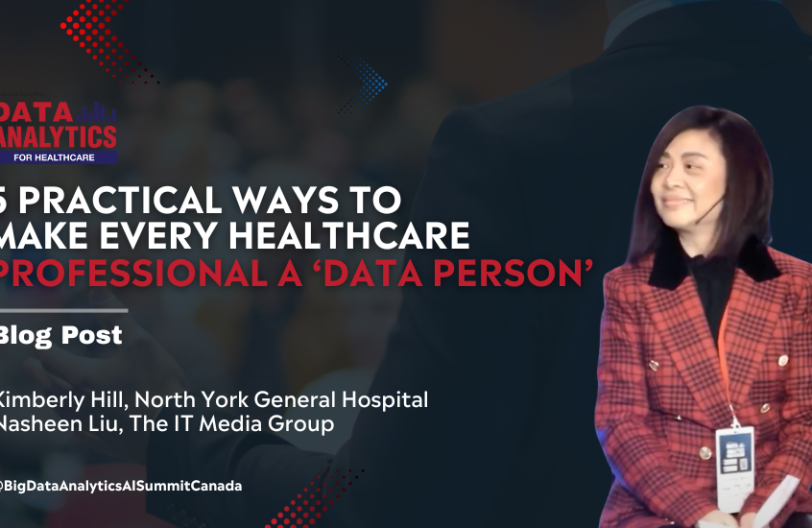Executive Summary: In an era of unprecedented healthcare complexity, data has emerged as the critical language of transformation. This whitepaper presents a comprehensive framework for developing data literacy across healthcare organizations, addressing the fundamental challenge of turning data from a technical tool into a strategic asset. By providing a holistic approach to cultural, technological, and educational transformation, we offer healthcare leaders a roadmap to unlock the full potential of their organizational data.
- Introduction: The Data Literacy Imperative
The Healthcare Transformation Landscape
The healthcare industry stands at a critical inflection point. Traditional models of care delivery are rapidly evolving, driven by technological advancements, increasing patient expectations, and the growing complexity of medical knowledge. At the heart of this transformation lies data – not as a passive record-keeping tool, but as a dynamic, predictive, and strategic resource that can fundamentally reshape patient care, operational efficiency, and organizational strategy.
The Cost of Data Illiteracy
Organizations that fail to develop comprehensive data literacy face significant risks. These include inefficient resource allocation, missed diagnostic opportunities, increased operational costs, and ultimately, compromised patient outcomes. Studies indicate that healthcare organizations with low data literacy can experience up to 20% higher operational inefficiencies and missed strategic opportunities compared to their data-mature counterparts.
Why Data Literacy is No Longer Optional
Data literacy has transcended from being a specialized skill to a fundamental organizational capability. Every healthcare professional – from frontline nurses to senior administrators – must develop the ability to understand, interpret, and leverage data in their daily decision-making processes. This shift requires a holistic approach that goes beyond traditional training models.
- Current State of Data Literacy in Healthcare
Organizational Resistance and Cultural Barriers
Healthcare organizations traditionally operate in siloed structures, with distinct departmental cultures that can resist technological and methodological changes. This resistance stems from multiple factors: fear of technological complexity, time constraints, existing workflow pressures, and a historical separation between clinical practice and data analysis.
Skills Gap and Technological Challenges
The rapid evolution of data technologies creates a persistent skills gap. Many healthcare professionals were trained in environments that did not emphasize data skills, creating a generational and educational challenge. Advanced technologies like artificial intelligence and predictive analytics further complicate this landscape, requiring continuous learning and adaptation.
Psychological and Emotional Dimensions
Beyond technical challenges, data literacy involves significant psychological barriers. Many healthcare professionals experience data anxiety – a fear of misunderstanding or misinterpreting complex information. Addressing these emotional dimensions is crucial for successful data literacy transformation.
- Comprehensive Framework for Data Literacy Development
Pillar 1: Strategic Assessment A successful data literacy strategy begins with a comprehensive organizational assessment. This involves creating a detailed map of existing data skills, identifying knowledge gaps, and understanding the unique cultural nuances of different departments. The assessment should be holistic, examining not just technical skills but also attitudes, comfort levels, and existing data interaction patterns.
Pillar 2: Customized Learning Pathways One-size-fits-all training approaches are ineffective. Our framework advocates for role-specific, adaptive learning pathways that recognize the diverse needs of different healthcare professionals. A nurse’s data literacy requirements differ significantly from those of a hospital administrator or a research physician.
Pillar 3: Cultural Transformation Data literacy is fundamentally a cultural change. Leadership must actively model data-curious behavior, create psychological safety for learning, and develop recognition systems that reward data-driven thinking. This involves breaking down traditional hierarchical barriers and creating collaborative, insight-driven environments.
Pillar 4: Technological Enablement Technology should simplify, not complicate, data interaction. User-friendly analytics tools, intuitive dashboards, and self-service data platforms are critical. The goal is to make data access and interpretation as natural as checking email or using a smartphone.
- Implementation Roadmap
The proposed 12-month implementation strategy follows a phased, adaptive approach. It begins with leadership alignment, moves through targeted training programs, and culminates in organization-wide cultural transformation. Continuous feedback mechanisms and flexible adjustment protocols are integral to the approach.
- Measurement and Evaluation
Robust measurement is crucial. Key performance indicators should encompass both quantitative metrics (such as data usage rates and analytical accuracy) and qualitative assessments (like perceived data confidence and decision-making improvements).
- Case Studies
Real-world examples, such as North York General Hospital’s data literacy journey, provide concrete evidence of the framework’s effectiveness. These case studies demonstrate tangible improvements in operational efficiency, patient care quality, and organizational adaptability.
- Emerging Trends
The future of data literacy is intrinsically linked with artificial intelligence and advanced analytics. Healthcare organizations must develop adaptive learning strategies that anticipate technological evolution.
Conclusion: Data literacy is not a destination but a continuous journey of organizational learning and adaptation. By embracing a holistic, strategic approach, healthcare organizations can transform data from a technical challenge into a powerful strategic asset.
This whitepaper is based on the 2024 DAHC Summit session featuring Kimberly Hill and Nasheen Liu.
